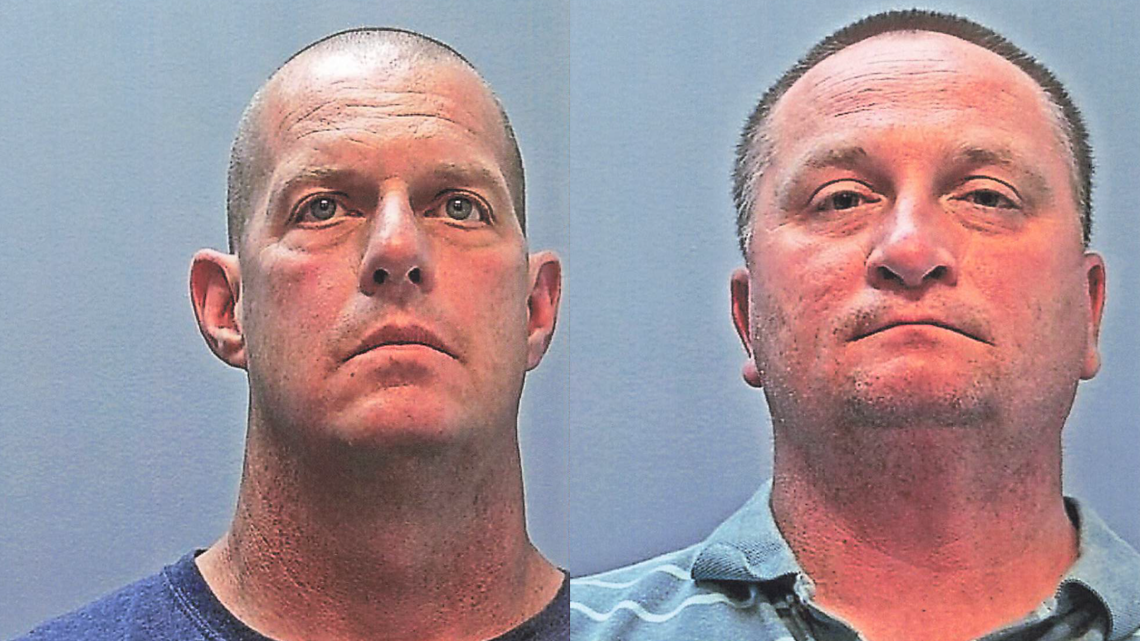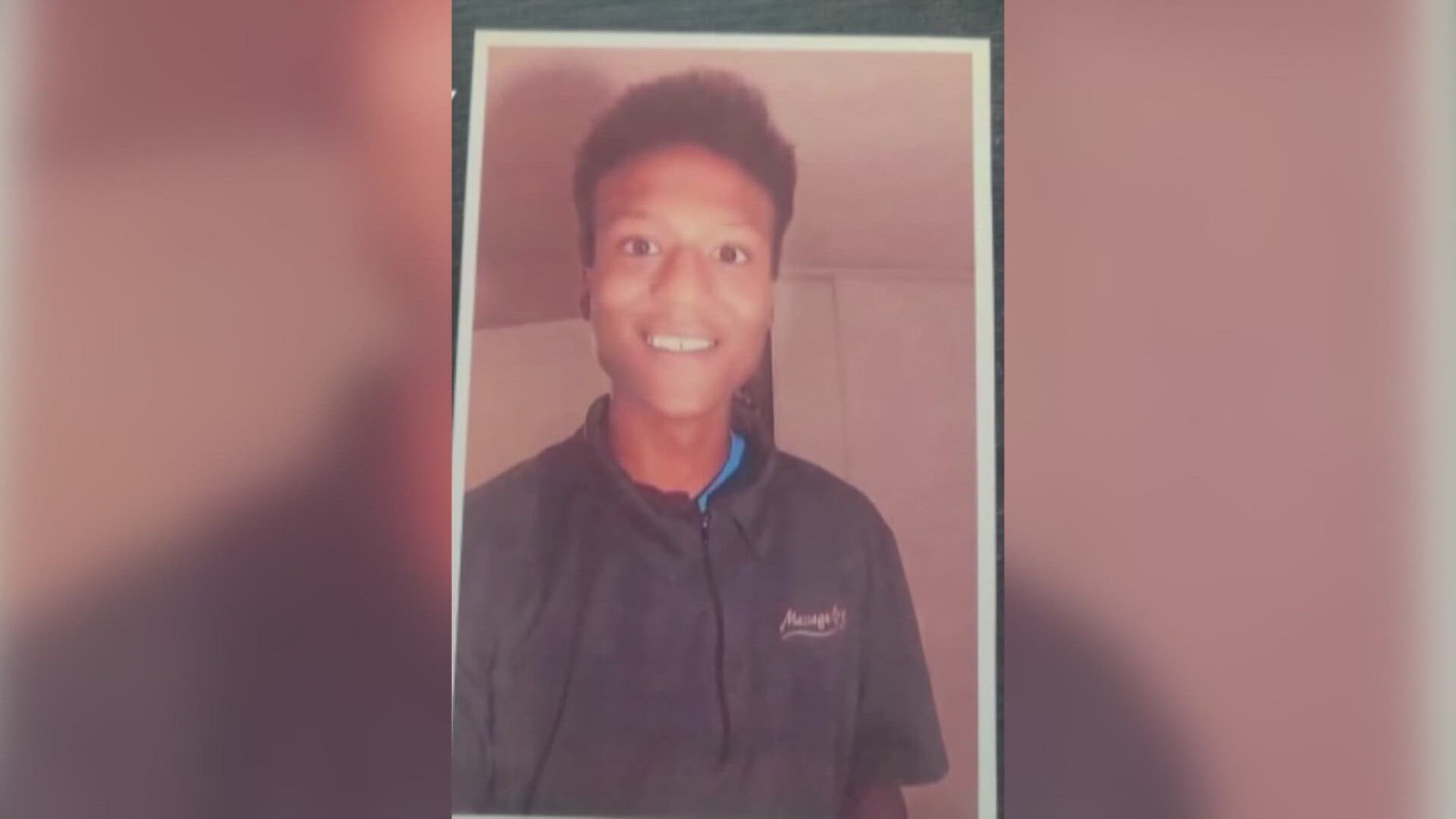AURORA, Colo. — A critical care specialist told a jury on Thursday that in his medical opinion, there was no reason for paramedics to give Elijah McClain ketamine - the powerful sedative that is ultimately blamed for causing his death.
"There was no medical indication for the ketamine when it was given," said Dr. David Beuther, a pulmonary critical care specialist at National Jewish Health. "That means It did not serve any productive purpose - there was no reason to give it."
Aurora Fire Rescue paramedics Jeremy Cooper and Peter Cichuniec injected McClain with the drug and were among five men indicted in 2021 for the 2019 death of McClain. They are the last of the five to go to trial and each is charged with reckless manslaughter and three counts of second-degree assault.
Aurora officers first contacted McClain on Aug. 24, 2019, after a teenage boy called 911 and relayed that he saw McClain wearing a coat and mask and acting "suspicious." Within seconds, Nathan Woodyard, the first officer to arrive, grabbed McClain. He and officers Randy Roedema and Jason Rosenblatt then took McClain to the ground in a struggle.
During the struggle, Woodyard used a carotid hold on McClain, a maneuver that caused him to lose consciousness briefly. Afterward, McClain was handcuffed and restrained on the ground for more than 10 minutes.
Later that same night, paramedics, Cooper and Cichuniec injected McClain with the sedative ketamine. His heart stopped and he later died.


Beuther was asked by prosecutors to review medical records and the autopsy for McClain. He also looked at body-worn camera footage and video of McClain at a convenience store prior to his encounter with police.
He said he concluded that the ketamine was the primary cause of McClain's death.
"The primary cause of his death was the effects of this drug ketamine which was the major factor that contributed to him stopping breathing. After stopping breathing his heart stopped which caused low oxygen to his brain and a brain injury," Beuther testified.
"Ultimately in the hospital, some of his breathing and his heart came back but unfortunately his brain had suffered a devastating, permanent injury.”
He said other factors made the ketamine much more dangerous. One of them was that McClain had thrown up and then inhaled some of that vomit into his lungs. That compromised his lungs making him more vulnerable, Beuther said.
He also testified that he believed the inadequate monitoring and assessments of McClain were "significant contributors to his death."
"It's very easy to slip from mild or conscious sedation to deep sedation," he said. "You can slip into that very quickly and it's very difficult to recognize that you’re in trouble with breathing until sometimes it's too late - and so there's very strict monitoring that we do to keep that safe."
Beuther said any time a drug such as ketamine is given outside a hospital setting, there are increased risks because they may not be adequately prepared with the necessary people or equipment if something does go wrong.
Aurora Fire Rescue has ketamine removed from their system and has said they have no plans to reintroduce it.
After McClain's death, state lawmakers passed House Bill 21-1251, which changed how ketamine can be used. It also modified the training requirements for paramedics authorized to use ketamine, and enhanced the reporting and accountability requirements if the medication is administered by EMS personnel.
Beuther will return to the stand Friday to continue his testimony.


Earlier in the day jurors heard from Aurora Fire Rescue Deputy Chief Allen Robnette. He testified about the various training and certification requirements.
During his testimony, the jury was shown two reports about the incident with McClain that Cichuniec completed. One was a basic care report and the other was a patient care report related to the care McClain received that night.
An attorney general's office investigator also took the stand and used photos to describe where the contact with McClain occurred. During his testimony, jurors were shown the clothing McClain was wearing. It included his jacket, shirt, pants, running shoes and his mask.
All of them had red staining, which was described as vomit.
Jurors also heard from the doctor at UCHealth who treated McClain and ultimately declared him brain dead on Aug. 27, 2019.
The paramedics are the last two of the five men indicted in McClain's death to go to trial. In the first trial, the jury returned a split verdict for Aurora officers Randy Roedema and Jason Rosenblatt. Roedema was found guilty of criminally negligent homicide and third-degree assault and will be sentenced in January. That same jury acquitted Rosenblatt of all charges.
A separate jury acquitted Aurora officer Nathan Woodyard. Following his acquittal he was eligible to return to Aurora Police and in late November the city confirmed he elected to reintegrate with the department and was on restricted duty.
SUGGESTED VIDEOS: Elijah McClain death

